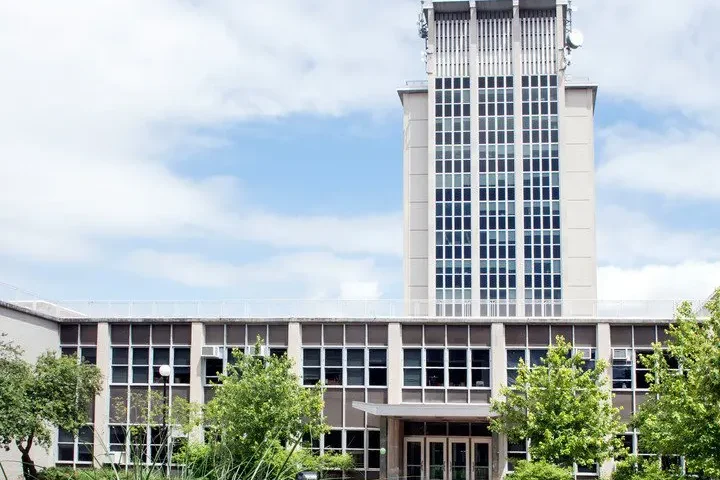Throughout his administration, President Donald Trump has been subject to numerous lawsuits on a wide range of topics, from taxes to emoluments (ie: profiting from his office).
The attorneys pursuing these lawsuits, however, have been stalled in their efforts to prosecute President Trump due to the controversial argument his attorneys and the Justice Department have made. A sitting president has certain immunities from prosecution. Now that Donald Trump is no longer the president of the United States, this argument of executive immunity is no longer relevant. Litigation is, therefore, expected to pick up.
In particular, two sets of investigations are going to be monitored heavily over the next several months. One regards Trump’s taxes which are being investigated from two different angles in New York.
The first is by Manhattan’s District Attorney Cyrus Vance, on whether President Trump falsified records of “hush money” payments to Stormy Daniels. Daniels is alleged to have had an affair with the president in 2006; these allegations were made by Trump’s attorney, Michael Cohen. The potential crime, in this case, involves the question of whether President Trump falsely claimed his reimbursements of Cohen paying off Daniels as a legal expense. This opens the door to further investigation of President Trump’s tax returns and other fraud they may or may not contain.
The second tax-related investigation is being conducted by New York State Attorney General Letitia James. Her investigation concerns whether the Trump Organization manipulated the value of some assets for better insurance coverage and more favorable loan terms while deflating the value of other assets to reduce real estate taxes. Both violate New York State law.
These cases have been in the process of investigation for years now with every subpoena being fought in court and endlessly appealed. It is unclear if or when we will get a definitive resolution on the legality of President Trump’s tax and business practices.
The other investigation that has been getting recent attention is the investigation of Washington DC’s Attorney General Karl Racine into President Trump, Rudi Giuliani and Rep. Mo Brooks. This investigation regards Trump’s rhetoric at the Stop the Steal rally preceding the storming of the Capitol on Jan. 6. Some claim that the president incited the riot, with statements such as, “You’ll never take back our country with weakness. You have to show strength and you have to be strong.”
Racine is investigating as to whether that statement and others, made by President Trump in relation to the Capitol riot, meet the “imminent lawless action test” for incitement established in Brandenburg v. Ohio. This investigation is especially pertinent now, as the current impeachment proceedings against President Trump are in part based around this very question of incitement.
The case also questions whether a president can be impeached once he is no longer in office. Whether this investigation actually results in charges being filed, however, is unclear. President Biden may intervene and ask Racine to not file charges in the interest of pursuing his goal of unifying the country.
The main justification in the eyes of many Democrats and some moderate Republicans in pursuing all these charges is to “expose President Trump” and break his hold on the Grand Old Party.
In the eyes of QC political science professor Michael Krasner, this is mostly wishful thinking. “I don’t think there is much that can affect Trump’s hold on his base,” Krasner said. “The connection between Trump and his base is emotional and very, very strong … I don’t think convictions would matter much in the near term — there would still be a strong Trump following in the Republican Party.”
Krasner, however, tempers this seemingly indestructible outlook for Trumpism in the Republican party, thinking a Trump conviction would create a power vacuum. He further speculates that this would “open things up either for the Democrats or for moderate Republicans though I’m not sure either is capable of taking advantage.”
What does this all mean for the future of American politics in the post-Trump era amidst all the lawsuits? We probably won’t know until the 2022 midterm elections. Until then, we can only speculate as to what the next two years will bring.














